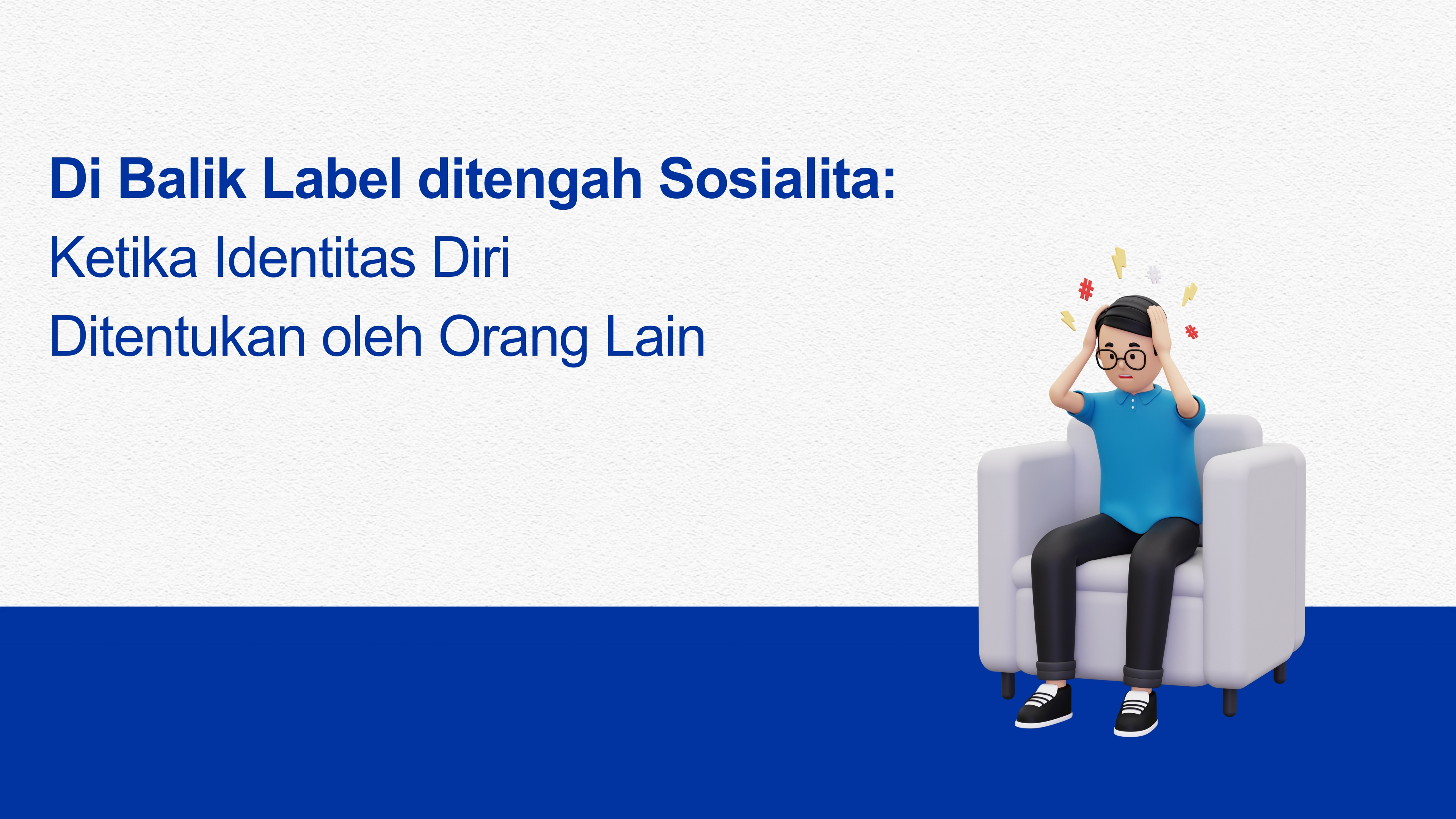Skepticism and How Education Perspectives the Concept

Globalization and the Fourth Industrial Revolution have brought significant changes to social and economic life. Many new opportunities and challenges have emerged, requiring society to adapt quickly. The desire to understand and express oneself motivates individuals to learn and explore, whether through critical thinking, questioning established concepts, or engaging in introspection. However, this process can also reach a saturation point, leading to doubts about the value of learning and the relevance of experience, a process often associated with skepticism.
In education, skepticism plays a crucial role in sharpening thinking and fostering curiosity. However, excessive skepticism can lead to overthinking, anxiety, and even paranoia, resulting in an undue lack of trust in institutions and scientific knowledge. Amid constant global changes, Generation Z students may find themselves doubting future prospects and the goals they wish to achieve.
During a scientific oration at the Second Graduation Ceremony of Universitas Dian Nusantara, Mr. Ir. Bagus Setiawan, MBA, an Expert Staff to the Board of Directors at PT PLN (Persero), discussed the importance of future planning and the life concept of Ikigai. He emphasized that many members of Generation Z, faced with their current challenges, have not yet considered future planning, which may increase skepticism and anxiety. By engaging in future planning, one can approach uncertainty with greater confidence.
Forecasting can serve as a tool for channeling skepticism by reducing uncertainty through data and predictions. Having clearer information about potential outcomes allows individuals to remain focused and avoid excessive skepticism that might lead to anxiety. With proper planning, individuals can navigate social changes more resiliently without being swept away by them.
Mr. Bagus also introduced Ikigai as a solution for modern skepticism. Ikigai gives individuals a strong reason to live, work, and grow. This understanding of purpose can provide direction and meaning, especially amid uncertainty. It enables individuals to live with integrity, knowing how to move forward in life without excessive worry.
Education must provide space for dialogue and critical thinking. Properly managed, skepticism can strengthen critical thinking skills, foster innovation, and enrich the learning process. With well-thought-out strategies and a clear sense of direction, skepticism need not be a significant obstacle; instead, it can serve as a pillar in the pursuit of truth and the advancement of knowledge.
(Danang Respati Wicaksono / HUMAS UNDIRA)
Press Contact :
Biro Humas & Sekretariat Universitas Dian Nusantara
Facebook : www.facebook.com/undiraofficial
Instagram : www.instagram.com/undiraofficial
Twitter : www.twitter.com/undiraofficial
www.undira.ac.id

Campus Tanjung Duren
Jln. Tanjung Duren Barat II No. 1
Grogol, Jakarta Barat. 11470
Campus Green Ville
JIn. Mangga XIV No. 3
Campus Cibubur
Jln. Rawa Dolar 65
Jatiranggon Kec. Jatisampurna, Bekasi. 17432










